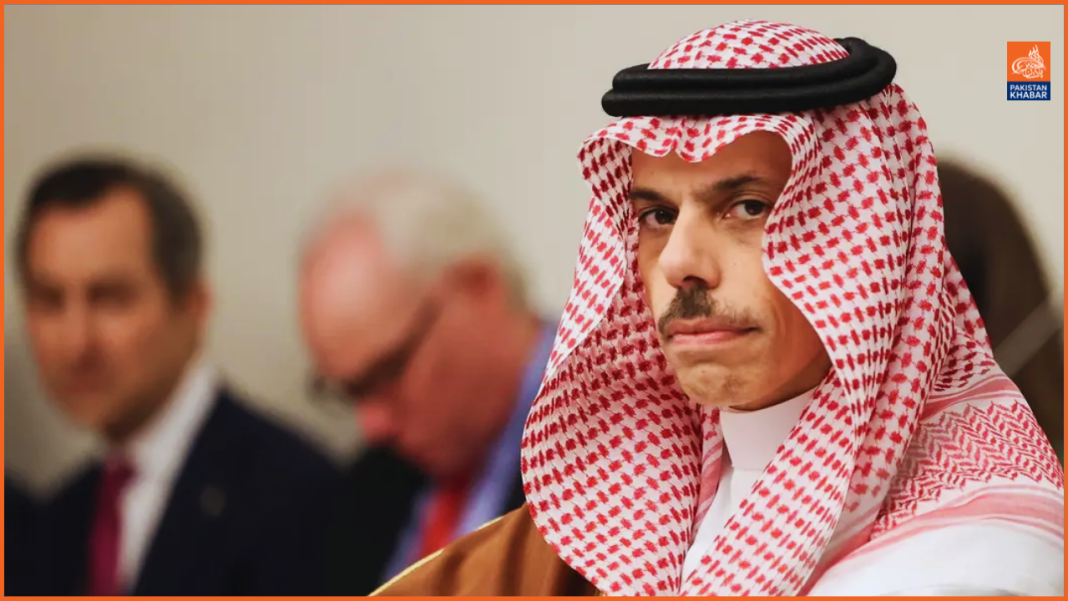On Friday, during the United Nations General Assembly, Saudi Arabia’s foreign minister, Prince Faisal bin Farhan, unveiled the establishment of an “international alliance” dedicated to promoting Palestinian statehood. This initiative, dubbed the “International Alliance to Implement the Two-State Solution,” comprises a coalition of Arab and Islamic nations along with various European partners, as reported by the Saudi Press Agency.
The announcement comes amidst a renewed focus on the Gaza crisis, which has brought discussions about the two-state solution back to the forefront. This proposed solution envisions a peaceful coexistence of Israeli and Palestinian states. However, analysts express skepticism about the feasibility of this goal, particularly given the current political landscape.
The Israeli government, led by Prime Minister Benjamin Netanyahu, has been a staunch opponent of Palestinian statehood, complicating efforts for diplomatic resolution. Following the Israeli invasion of Gaza last October, Saudi Arabia, the world’s largest oil exporter, put on hold US-brokered talks aimed at normalizing relations with Israel. Crown Prince Mohammed bin Salman has since adopted a firmer position, insisting that the establishment of an “independent Palestinian state” is a non-negotiable prerequisite for any normalization agreements.
A senior official from the Saudi-based Organisation of Islamic Cooperation (OIC) clarified that this new coalition mainly comprises OIC members and select European countries. Plans for the alliance include meetings in various Arab and European nations to explore practical steps toward implementing its objectives, culminating in a conference in Riyadh later this year.
Additionally, a significant shift occurred earlier this year when Ireland, Norway, and Spain formally recognized Palestinian statehood, with Slovenia following suit. This development increased the total number of countries acknowledging Palestine as a state to 146 out of the 193 United Nations member states.
Prince Faisal emphasized the unjustifiable nature of the ongoing conflict in Gaza, asserting that Israel cannot claim self-defense in the face of such widespread civilian casualties. He articulated a strong condemnation of the violence, stating that self-defense does not legitimize the killing of civilians or the use of starvation as a weapon in warfare. His remarks at a ministerial meeting on the Palestinian crisis underscored the urgency and complexity of the situation, calling for renewed efforts to address the humanitarian issues at the core of the conflict.




